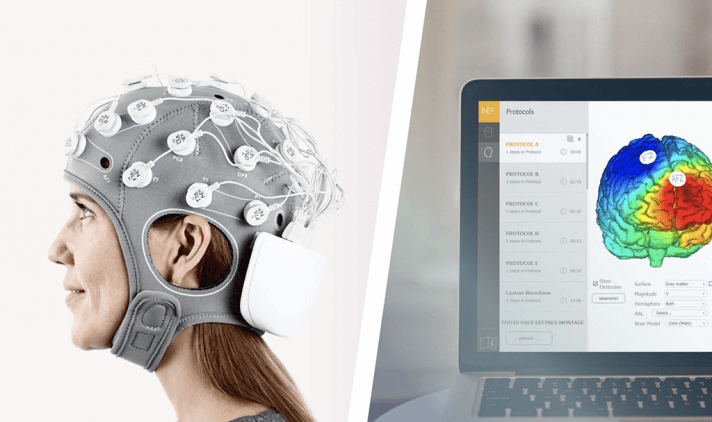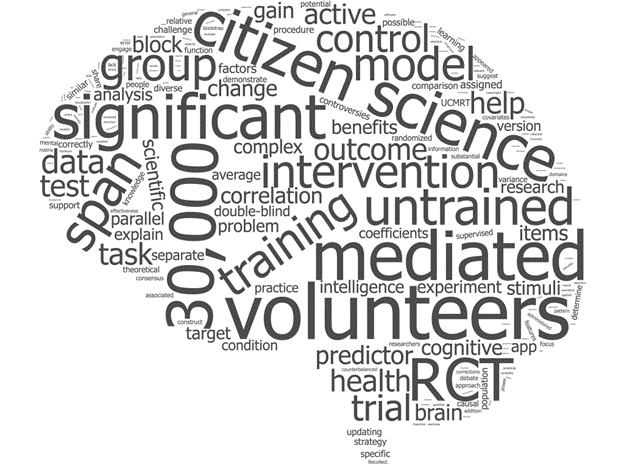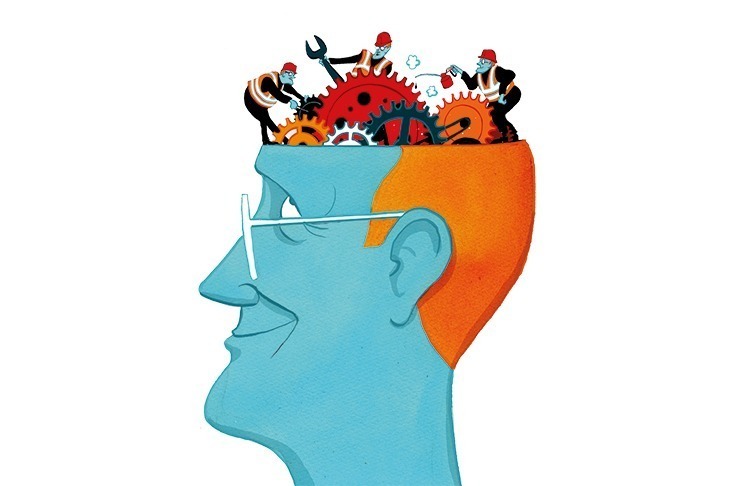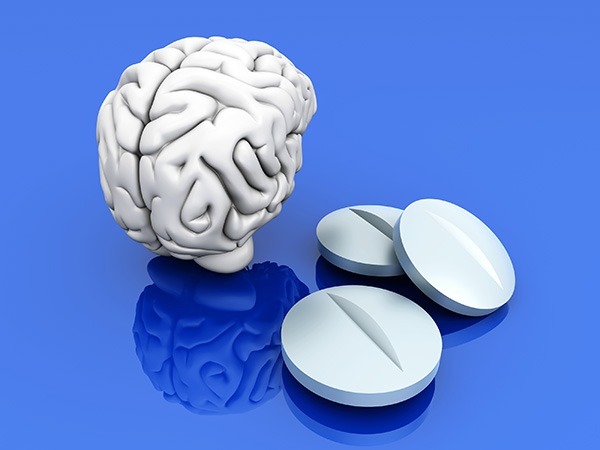Posts Tagged ‘cognitive-functioning’
Combined tDCS neurostimulation and cognitive training found to improve working memory among older adults–especially those with lower starting capacity
Giving memory a lift: Can games and brain stimulation do it? (MedicalNewsToday): A person’s working memory may decline with age or if they have dementia, Parkinson’s disease, or have had a stroke. When this occurs, the loss can affect their day-to-day quality of life, turning even simple tasks into often-demoralizing challenges.
Read MoreUpdate: Playing videogames may be more cognitively beneficial than other forms of screentime like social media, watching videos/ TV
Welcome to a new edition of SharpBrains’ e‑newsletter, featuring timely brain & mental health news and a fun brain teaser to put your temporal lobes to good use :-) #1. Study finds that playing videogames may be more cognitively beneficial for children than other forms of screentime (social media, watching videos/ TV) “Here, we estimated the impact…
Read MorePlease help us recruit 30,000 adults for a UC Citizen Science project on cognitive training
How can we cut through the controversies around brain training and unlock the exciting potential as suggested by the numerous published studies showing examples of cognitive training benefits?
Read MoreFive ways to clear foggy brains and improve cognitive well-being
The other day, my friend Kristina told me that one evening she unintentionally locked her husband in a downstairs part of their house. She had known he was down there, but while distractedly locking the door for the night, forgot completely. She didn’t realize what she’d done until she saw a text from her husband…
Read MoreStudy in China finds that retirement may accelerate cognitive decline, even for those with stable income
People who retire early suffer from accelerated cognitive decline and may even encounter early onset of dementia, according to a new economic study (Note: opens PDF) I conducted with my doctoral student Alan Adelman. To establish that finding, we examined the effects of a rural pension program China introduced in 2009 that provided people who…
Read MoreStudy finds mixed results of Adderall as cognitive enhancer (seems to boost emotion more than cognition)
Over the past 15 years there has been growing awareness that many college students without an ADHD diagnosis use ADHD drugs. On some campuses, rates of self-reported non-medical use have exceeded 30% of students. The primary reason students report taking ADHD drugs is to enhance their academic performance. And, the strong majority of students —…
Read More





